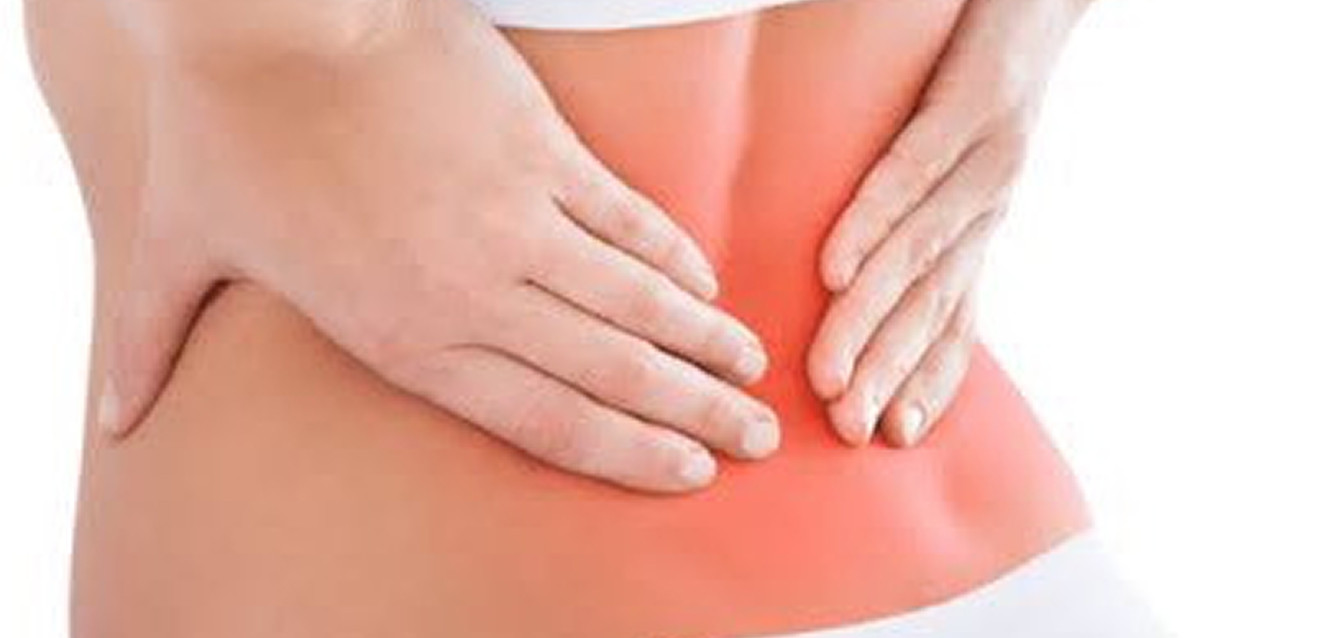service
Herniated Disc

Detail
Herniated Disc
It is caused by a herniated intervertebral disc pressing on the nerves within the spinal canal. Symptoms include back pain or hip pain radiating down one leg, weakness in the leg, and possibly numbness in the foot. In severe cases, there may be symptoms related to the excretory system, such as difficulty urinating or constipation. As the condition worsens, the pain, numbness, and weakness gradually increase, leading to nerve damage which poses a risk of losing control over bodily functions.
A herniated disc pressing on the nerve is a condition caused by the degeneration of the spinal structure, leading to collapse and compression of the nerve, which results in nerve inflammation.
The symptoms of a herniated disc pressing on the nerve can be observed as follows:
- Pain in the back and hips, with pain radiating down one or both legs. The pain worsens when coughing or sneezing.
- Weakness in the muscles, especially the hip muscles, as well as the muscles involved in ankle and big toe movement.
- Numbness in the tip of the foot, especially in the webbing between the big toe and the second toe.
- Abnormalities in the excretory system: In some severe cases, there may be dysfunction of the excretory system, such as loss of control over bowel or bladder functions. This requires urgent surgical treatment; otherwise, normal excretory function may not recover.
Causes of the disease
A herniated disc pressing on the nerve is mainly caused by the following factors:
• Aging causes the spine to degenerate, which can lead to the intervertebral disc protruding and pressing on the nerves.
• Accidents that impact the spine can cause vertebral displacement.
• Excess weight puts pressure on the spine, which can lead to spinal degeneration.
• Frequently lifting heavy objects.
• Sitting in the same position for a long time.




